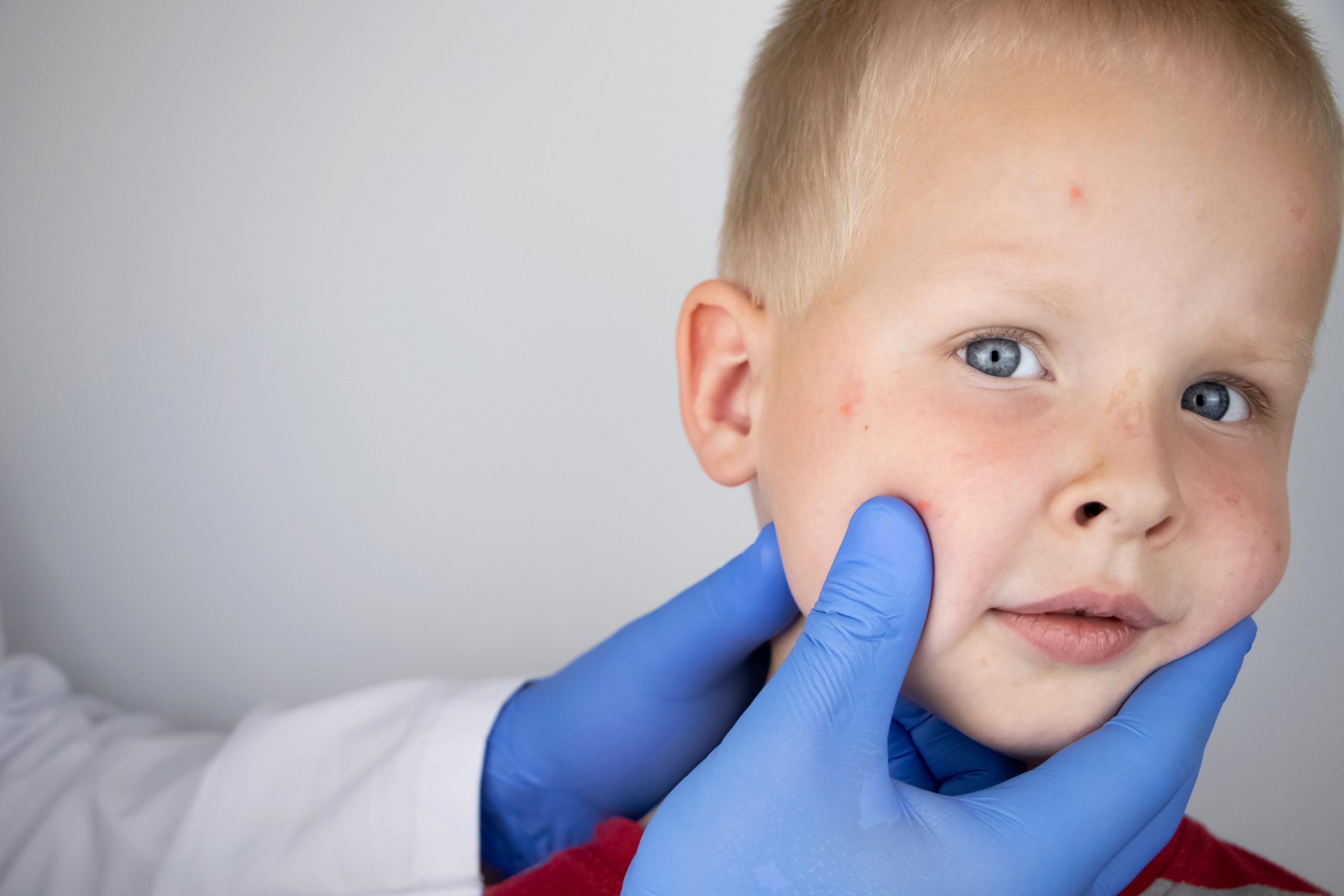
Surging temperatures caused by climate change could lead to more premature births worldwide, a new study reports. Researchers found a strong association between exposure to extreme heat during the third trimester of pregnancy and the risk of premature delivery. “High night-time temperatures can disrupt circadian rhythms and potentially influence blood pressure, which may be an… read on > read on >






























